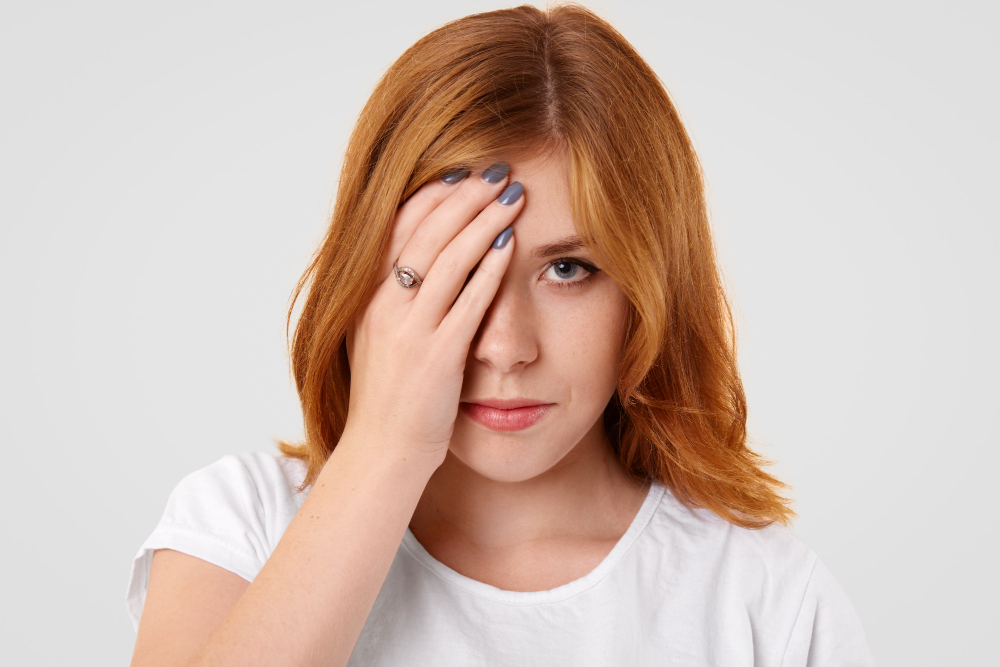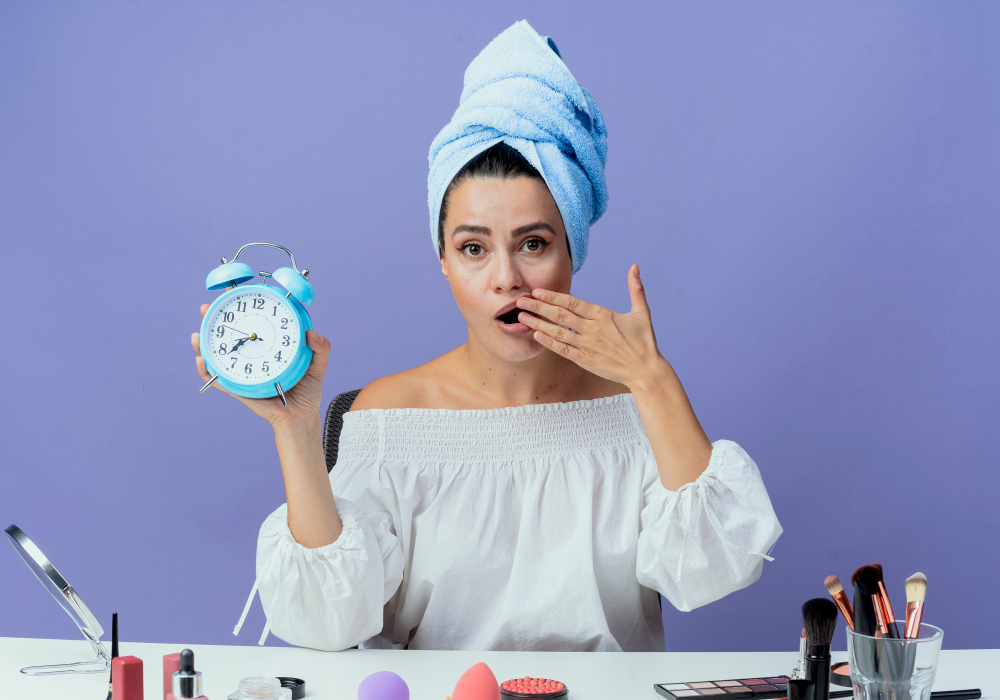
We’ve all experienced it at some point—a mysterious and involuntary fluttering of the eyelid. Eye twitching, medically known as myokymia, is a common occurrence that can be both perplexing and annoying. While most eye twitches are harmless and temporary, they can leave us wondering about the underlying causes and seeking remedies to bring relief. In this article, we’ll dive into the world of eye twitching, exploring its causes, potential triggers, and effective remedies to banish those pesky twitches.
The Science Behind Eye Twitching: Muscles in Motion
Eye twitching occurs when the muscles around the eye involuntarily contract and relax. These muscle spasms are usually brief and may go unnoticed by others, but they can be a source of annoyance for the person experiencing them. The twitches typically involve the lower eyelid but can also affect the upper eyelid or both simultaneously. The exact cause of eye twitching is not always clear-cut, but various factors can contribute to its occurrence.
The Culprits: Common Causes of Eye Twitching
Several factors can trigger eye twitching, ranging from lifestyle habits to underlying medical conditions. Lack of sleep, stress, and eye strain are among the most common culprits. Other contributing factors include caffeine consumption, alcohol use, dry eyes, allergies, and excessive screen time. In some cases, eye twitching can be a side effect of certain medications or a symptom of a neurological disorder.
Twitch Triggers: Identifying the Precursors
Recognizing the triggers that lead to eye twitching can be crucial in managing its occurrence. Keeping a journal to track your daily activities, stress levels, and sleep patterns can help identify potential triggers. By identifying these precursors, you can take proactive steps to avoid or minimize their impact, reducing the likelihood of eye twitching episodes.
Blink Breaks: Resting Your Eyes
One simple and effective remedy for reducing eye twitching is taking regular blink breaks. When we spend prolonged periods staring at screens or engaging in visually intense activities, our eyes can become fatigued and strained, leading to twitching. Implementing the 20-20-20 rule—looking away from the screen every 20 minutes, focusing on an object 20 feet away, for 20 seconds—can provide much-needed relief to the eye muscles.
The Zen Zone: Managing Stress and Anxiety
Stress and anxiety can take a toll on our bodies, including our eyes. Finding healthy ways to manage stress, such as mindfulness practices, meditation, or yoga, can not only benefit your overall well-being but also alleviate eye twitching. Embracing relaxation techniques can create a zen zone for your mind and body, reducing the likelihood of eye twitches caused by stress-induced muscle tension.
Sleepy Eyes, Twitchy Eyes: Prioritizing Restful Sleep
Getting enough quality sleep is essential for overall health and well-being, including the health of your eyes. Fatigue and lack of sleep can exacerbate eye twitching, making a restful sleep routine a top priority. Create a soothing bedtime ritual, avoid electronic devices before sleep, and ensure you are getting the recommended hours of rest to keep your eyes—and twitches—happy.
Caffeine and Alcohol: The Moderation Equation
For those who indulge in caffeinated beverages or alcoholic drinks, eye twitching can be an unwelcome side effect. Caffeine and alcohol can disrupt the nervous system and lead to muscle spasms, including those around the eyes. Moderating your intake of these beverages might not only reduce eye twitching but also benefit your overall health.
Moisture for the Eyes: Treating Dry Eye Syndrome
Dry eyes can be a contributing factor to eye twitching. Insufficient tear production or excessive tear evaporation can lead to irritation and twitching. Combat dry eye syndrome by using artificial tears or lubricating eye drops to keep your eyes moisturized and comfortable.
Allergies and Eye Irritation: Finding Relief
Seasonal allergies and eye irritants can cause inflammation and twitching in the eyes. Minimize exposure to allergens, such as pollen and pet dander, and consider using antihistamines or allergy eye drops to alleviate symptoms.
Hydration for Health: The Role of Water Intake
Dehydration can contribute to muscle spasms, including eye twitching. Ensure you are adequately hydrated throughout the day by drinking plenty of water. Staying hydrated not only benefits your eyes but also promotes overall health.
When to Seek Medical Attention: Unusual or Persistent Twitching
In most cases, eye twitching is harmless and temporary. However, if the twitching becomes frequent, persistent, or occurs with other concerning symptoms, it may be wise to seek medical attention. Unusual or prolonged eye twitching could be a sign of an underlying medical condition or a more serious eye issue that requires evaluation by an eye care professional.
Blinking Away the Mystery of Eye Twitching
In conclusion, eye twitching may be an enigmatic phenomenon, but understanding its potential causes and remedies can bring clarity and relief. By recognizing common triggers, embracing healthy habits, and prioritizing eye care, you can minimize the frequency and impact of eye twitches. Remember, occasional eye twitching is usually nothing to worry about, but if it becomes bothersome or persists, it’s always best to consult with an eye care specialist to ensure the health and well-being of your precious peepers. Keep blinking and banish those pesky twitches for good!


